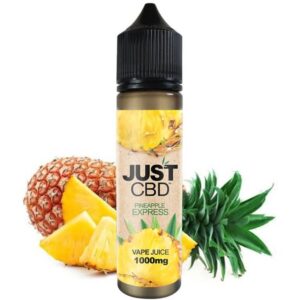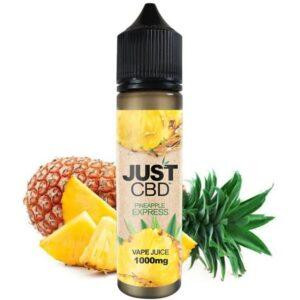CBD oil, derived from the cannabis plant, has gained significant popularity in recent years for its potential health benefits. With a plethora of options flooding the market, finding the best CBD oil can be a daunting task. To ensure you make an informed decision, consider the following tips before making your purchase.
1. Source and Quality: The quality of CBD oil largely depends on its source. Opt for products derived from organic, non-GMO hemp plants. These plants are cultivated without the use of harmful pesticides or herbicides, resulting in a purer end product. Additionally, look for oils that have undergone third-party lab testing. Reputable manufacturers provide certificates of analysis (COA) that confirm the product's cannabinoid content and its absence of contaminants like heavy metals and solvents.
2. CBD Concentration: Check the label for the CBD concentration in the product. It's typically measured in milligrams (mg). The concentration you need depends on your individual needs and the reason you're using CBD oil. Start with a lower concentration and gradually increase until you find the right dosage for your desired effects.
3. Full-Spectrum, Broad-Spectrum, or Isolate: CBD oil comes in three main types - full-spectrum, broad-spectrum, and isolate. Full-spectrum contains all the naturally occurring compounds found in the hemp plant, including trace amounts of THC (usually less than 0.3%), offering the entourage effect for enhanced benefits. Broad-spectrum contains multiple cannabinoids and terpenes but is THC-free. Isolate is pure CBD. Choose the type that aligns with your preferences and any potential sensitivities.
4. Extraction Method: The method used to extract CBD from hemp plants affects the overall quality of the oil. CO2 extraction is considered the gold standard, as it preserves the full range of beneficial compounds without using harsh solvents. Avoid products that use potentially harmful extraction methods.
5. Transparency and Brand Reputation: Choose a brand that prioritizes transparency. Reputable companies provide clear information about their sourcing, manufacturing processes, and testing procedures. Online reviews and customer feedback can give you insights into a brand's reputation and the experiences of other users.
6. Price vs. Value: While price can be an indicator of quality, it's not the sole determinant. Some high-quality CBD oils are reasonably priced, while others might be overpriced for what they offer. Consider the CBD concentration, extraction method, and overall quality when assessing the value of a product.
7. Legal Considerations: Ensure that CBD products are legal in your region. Laws regarding CBD vary, especially when it comes to THC content. Familiarize yourself with local regulations to avoid any legal complications.
For More Info:-






Comments